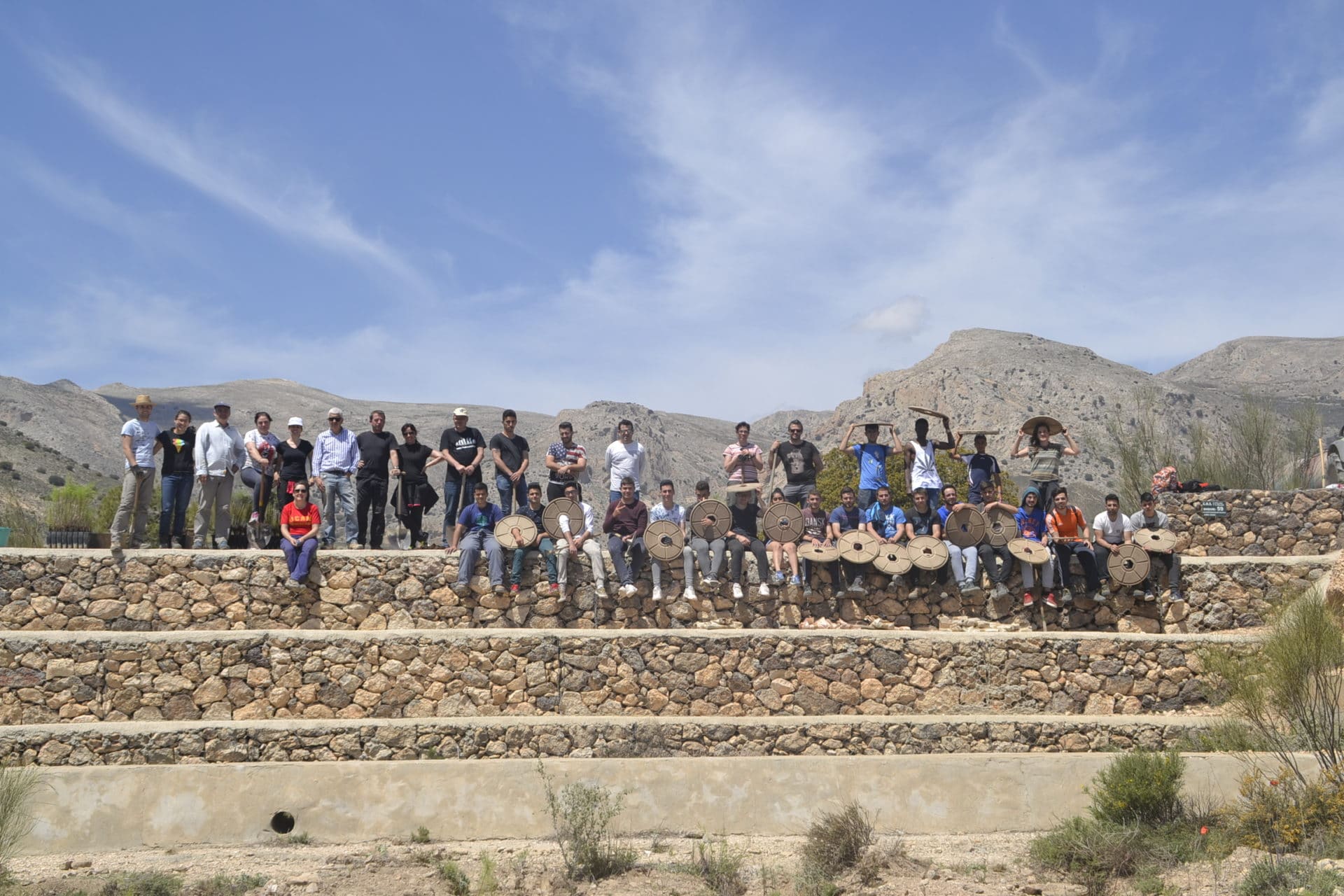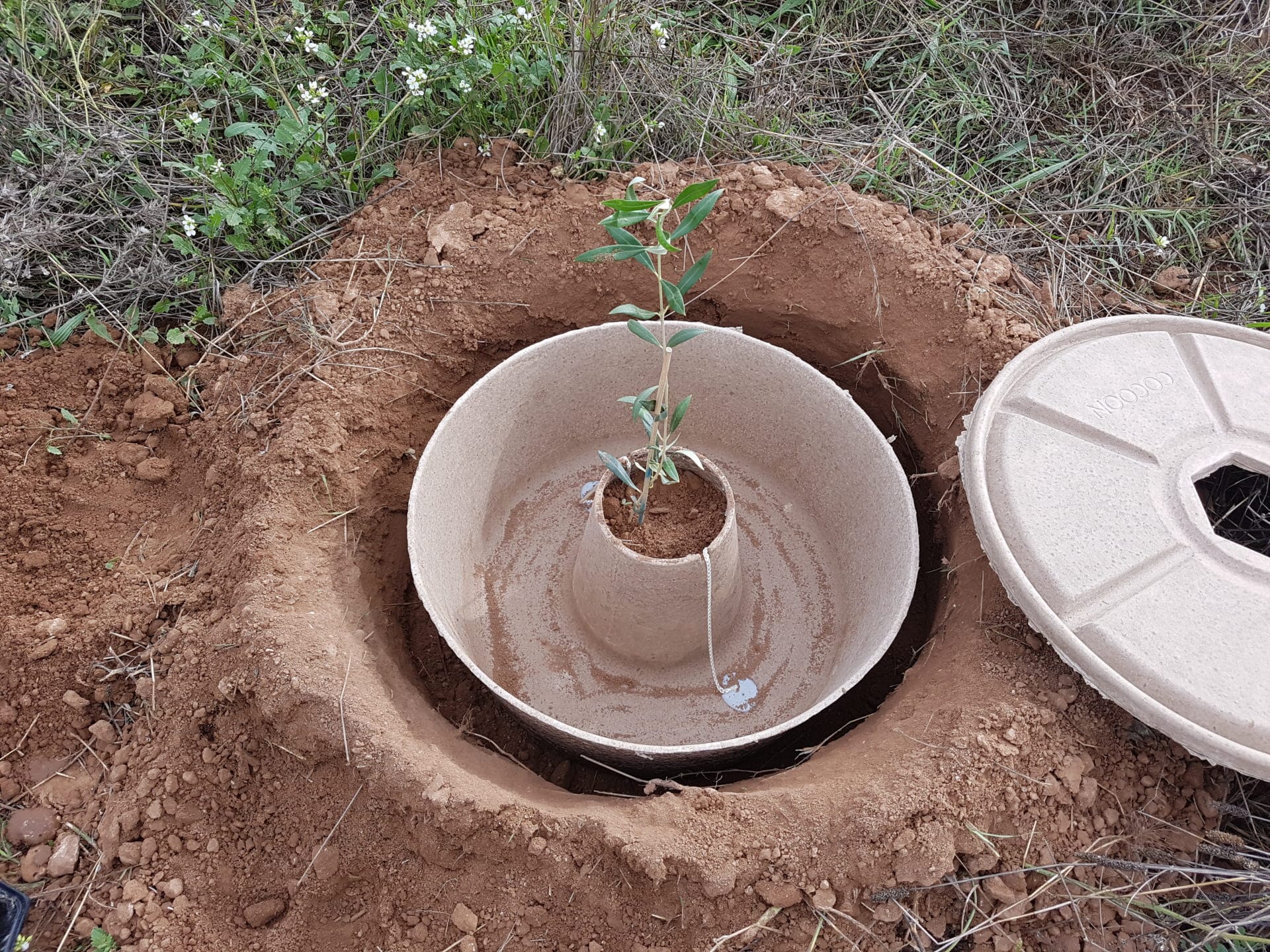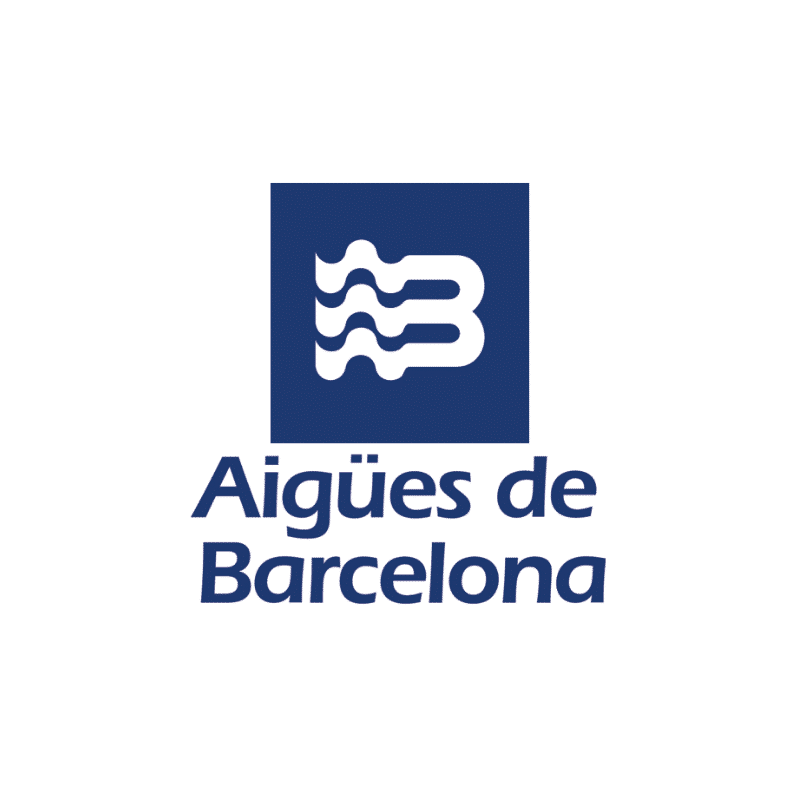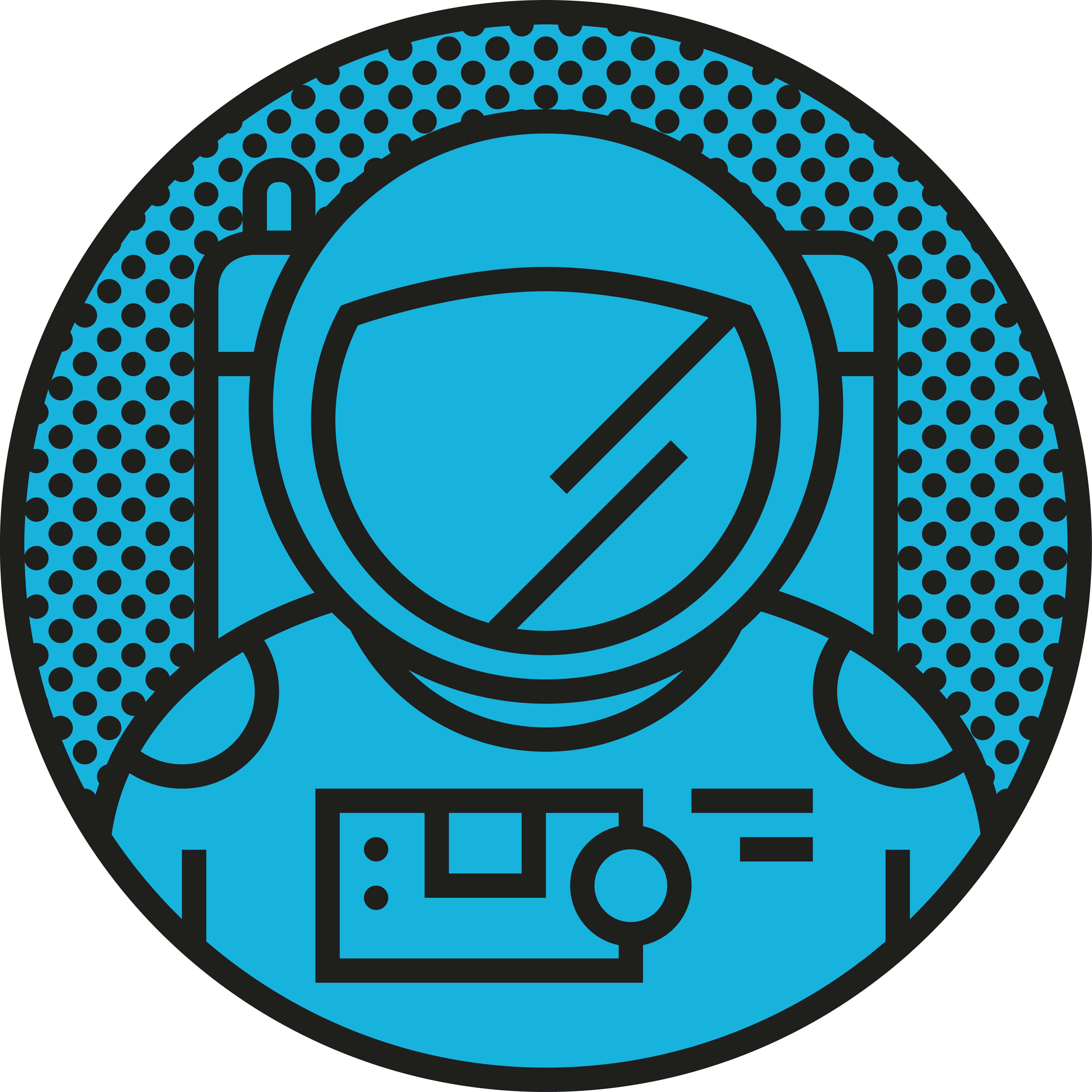Catalonia (Barcelona)
No irrigation? No problem. These clever tree-planting cocoons can bring soil back to life and restore dry, dusty land back to its former, greener glory.
Some deserts don’t look like the striking sands of the Sahara or the dramatic plains of the Atacama. Desertification can happen to any land in dry areas of the world, where there is a decline in quality of soil, vegetation, water resources or wildlife. It means that plants can’t grow, that animals can’t find habitats – that the land can’t support life. It is estimated that over 75% of the Earth’s land area is already degraded.
LIFE The Green Link is a tree planting project that has found a way to bring these lands back from the brink, by planting trees in a clever ‘Cocoon’. The biodegradable cardboard structure holds 25 litres of water, which the sapling can live off as its roots grow. As many as 90% of trees that are planted in a Cocoon survive, even through droughts. Overall, the Cocoon method uses five times less water than irrigation.
By helping trees to grow, The Green Link has created what they call ‘pockets of green’, which connect existing habitats to create corridors that strengthen the ecosystem. Trees bring life back to the soil by improving its fertility and increasing the number of microorganisms living in it. That, in turn, means the soil can better sequester carbon – so that it can help prevent climate change.
The Green Link started in six areas across Spain, Italy and Greece – areas where the land had become degraded, and started turning to desert. The project team assessed each area, and identified the type of trees that would be best suited to the ecosystem – such as almond trees, olive trees or pine trees.
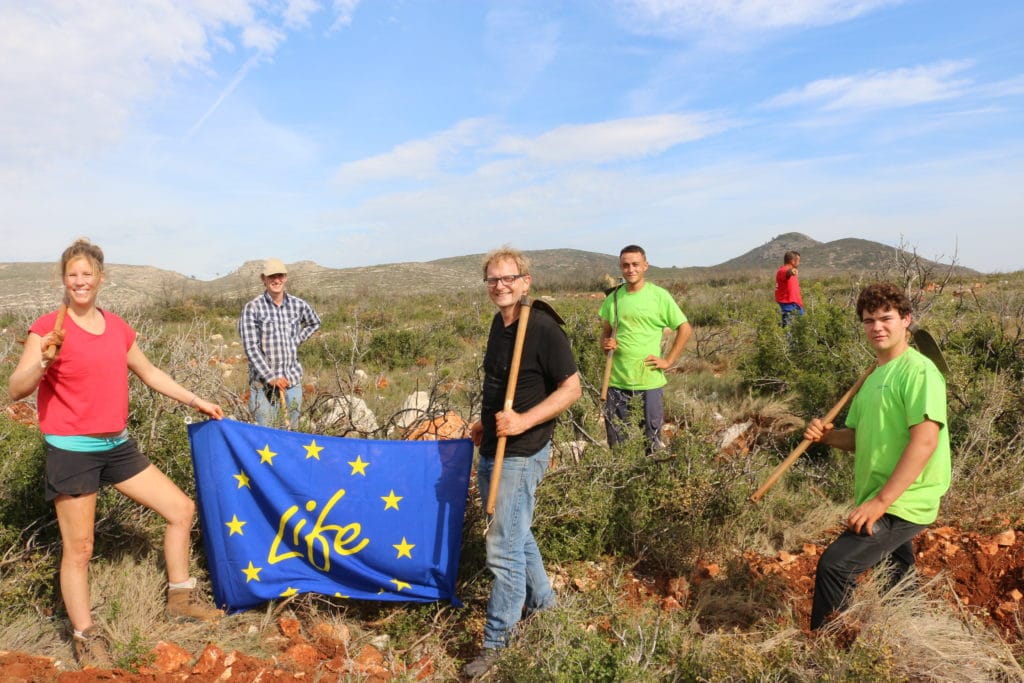
Priya Devasirvatham, Project Manager at The Green Link’s partner organisation Volterra, explains how water, soil and trees are related to each other – and, when we zoom out, to the bigger issue of climate change. “Based on likely climate change scenarios, the Mediterranean will continue to get warmer and receive less rainfall. Under this scenario, desertification is expected to increase, and extreme weather events which will become more frequent will lead to severe erosion. Trees can not only help reduce erosion, they can prevent flooding, and lower temperatures.”
“Planting trees in a water friendly way can generate significant environmental, economic and social resilience in the face of climate change.” – Priya Devasirvatham
From its beginnings in six key areas, the project expanded to more than 50 locations across Spain, Italy, Greece and Portugal. More than 7,500 Cocoons have been planted, leading to an estimated 141 tonnes of CO2 being absorbed. Following the success of the project, project partners in some regions of Spain and Portugal continued tree planting work – reforesting an estimated 1,500 hectares with around 1.5 million trees during the final months of 2020.
The Green Link has now evolved and expanded into a new project: Life Terra. Its goal is to continue the work of The Green Link, and plant an incredible 500 million trees across Europe over five years, some of which will use the Cocoon. An online platform will allow people from any walk of life to plant trees and monitor their growth and survival. And landowners will also be able to offer land for planting, to give more trees more space to grow.
The Cocoon is a technological solution to a major environmental problem – but Priya emphasises that the answers to the water and climate crisis don’t lie solely in new inventions. “Technology alone cannot save us. We need to plant more trees, reverse desertification, and green our cities. But we also have to fundamentally rethink our consumption and thereby our production patterns.”
Real change happens through people. So far, Life Terra has involved school children, local villagers, business employees and sports teams in tree planting – and everyone is invited to get their hands dirty. “We provide people the opportunity to interact with nature, connect with it, and learn about the earth and themselves. Change starts with one person at a time, and I hope that some of the people who plant trees with us will be changed by the experience and motivated to take better care of the natural world that we are a part of.”
“Nature is therapeutic, and we as humans and a collective society need healing.” – Priya Devasirvatham
The upheavals of 2020 may have paved the way, Priya adds, for people to be more thoughtful and proactive when it comes to the environment. “During confinement, people began to recognise the value of the natural world in their immediate surroundings. Especially for those of us that live in cities. The pandemic was an opportunity to reflect, and we want to give people the opportunity to turn their reflections into action!”
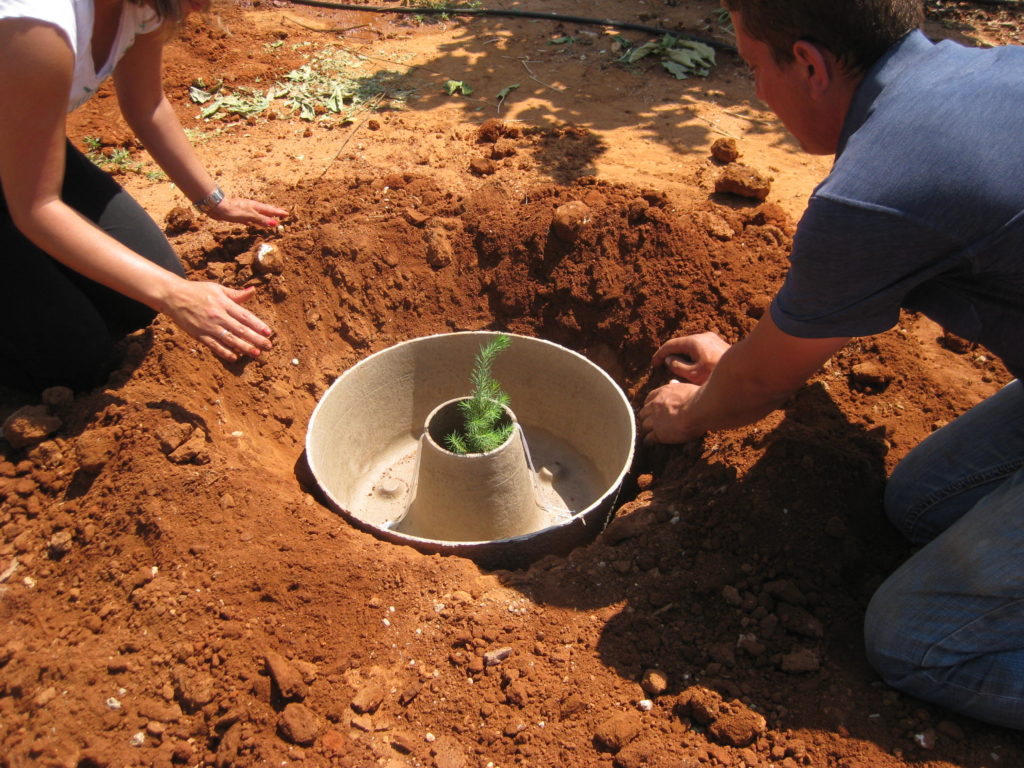
Life Terra will be running alongside another sister project, LIFE Regenerate. It is helping farmers in the Mediterranean to improve soil quality using different farming techniques, and exploring how silvopasture – a farming method which combines trees and livestock on the same land, and identified by Project Drawdown as a major solution to climate change – can be more profitable and sustainable for farmers.
AtlasAction: Get in touch to offer land for tree planting, organise a planting event in your community, or volunteer to teach others how to plant trees.
Bio
Nature-geek, urban forager and all-round wordy sort. Freelance strategist and writer for organisations that care about the future. Often found reading while walking.
Project leader
Priya Devasirvatham, Project Manager, Volterra
Partners
This project has been selected as part of MedFutures, a new content channel that maps the most innovative and inspiring solutions to the water and climate crisis in the Mediterranean and the people behind them. Atlas of the Future is excited to join forces with Aigües de Barcelona.
Support the Atlas
We want the Atlas of the Future media platform and our event to be available to everybody, everywhere for free – always. Fancy helping us spread stories of hope and optimism to create a better tomorrow? For those able, we'd be grateful for any donation.
- Please support the Atlas here
- Thank you!
